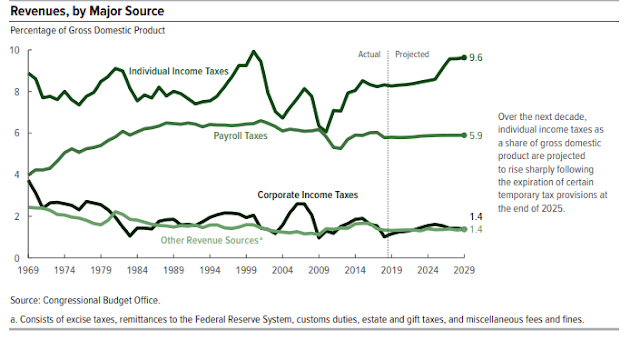NATIONAL SECURITY ACT OF 1947: NSC, CIA, DOD, AF
Treaties and International Agreements
- The Treaty Clause
- Treaties (US Senate)
- CRS on Reservations: "After the Senate has begun considering this resolution, amendments proposing to change the text of the treaty itself are no longer in order. Senators may amend the resolution of ratification, however, by attaching to it reservations, declarations, statements, or understandings that can affect the interpretation or implementation of the treaty."
- Executive agreements
- The Iran deal was neither a treaty nor an executive agreement (and note the addressee)
- CONGRESS HAS DELEGATED A GREAT DEAL OF POWER TO POTUS
There’s power in nostalgia, but the fact is the world is wealthier, healthier, better educated, less violent, more tolerant, more socially conscious and more attentive to the vulnerable than it has ever been. Now, there’s also enormous cruelty and tragedy and stupidity and pain. But we tend to forget what the world was like. I’m old enough to remember the ’70s, when we were still getting out of Vietnam, and we had lost tens of thousands of young soldiers. And when they came back home, they were completely abandoned. We left an entire swath of Southeast Asia in chaos. In Cambodia, two million people were slaughtered — about four times the number of people who have been killed in Syria during this conflict. But we don’t remember that.
...
I say this because I’m trying to inoculate them against cynicism, which is a powerful force in our culture. It’s what passes for wisdom, being ironic and cynical. Now, it’s true that the political landscape has changed in ways that are really unhealthy. But there are fewer lubricants to get things done. L.B.J. did great things, but he also relied on bagmen and giving them favors for which I would be in jail or impeached. People are surprised when I say that Congress is less corrupt now than it’s ever been.




